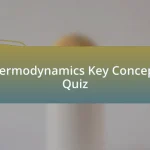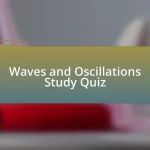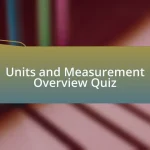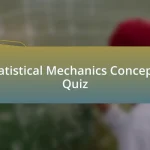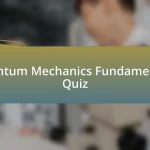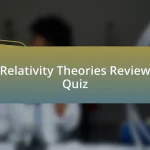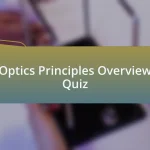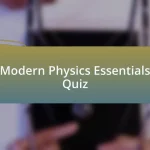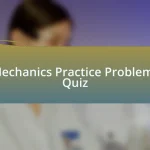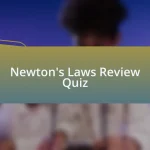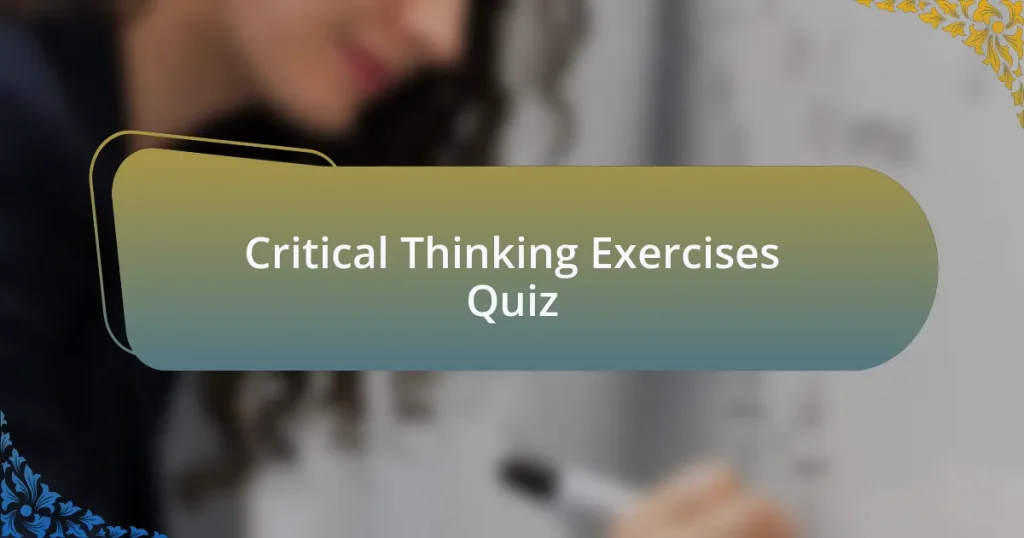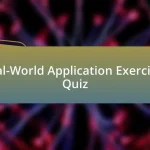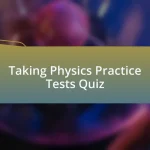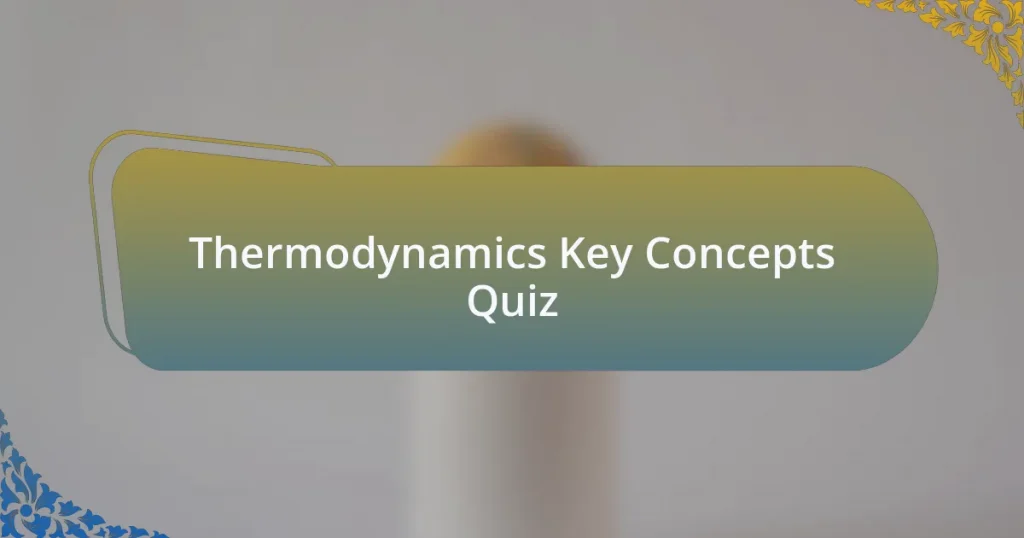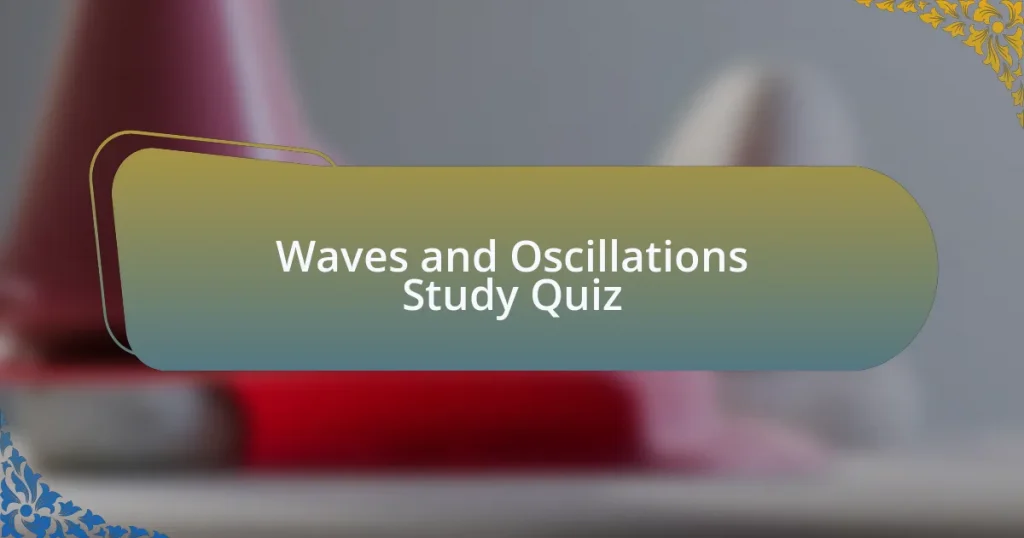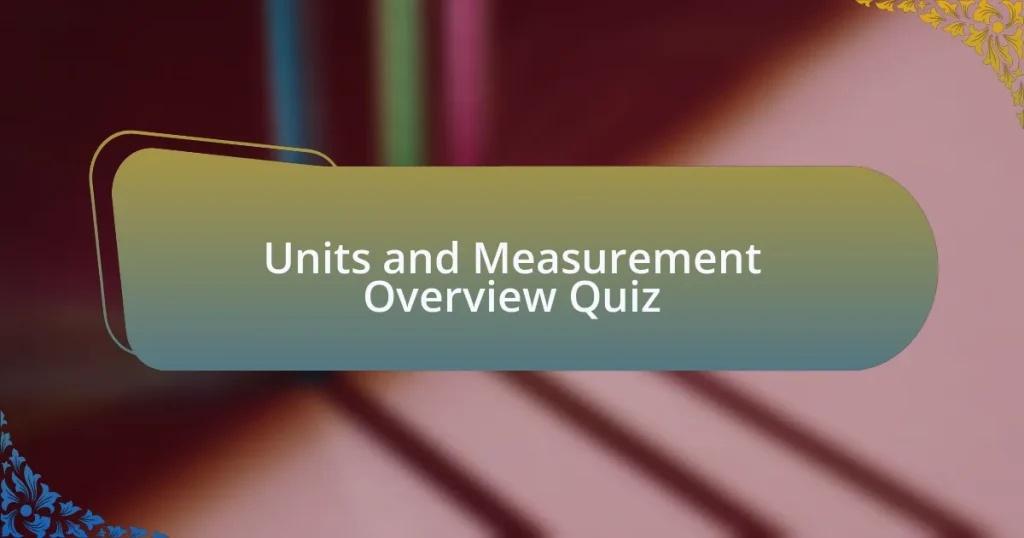Start of Critical Thinking Exercises Quiz
1. Which is NOT a sound argument in physics reasoning?
- b. If it rains tomorrow, the sun will shine today.
- a. If I don`t see that black cat today, I won`t have any bad luck.
- c. All cars are blue, so my car is blue.
- d. Gravity makes everything fall upwards.
2. In comparing different physics experiments, which would NOT be a suitable category?
- Temperature of the gas
- Mass of the object
- Frequency of sound
- Color of the light source
3. Which scenario best depicts a decision made solely on emotion in scientific inquiry?
- Tom decides to conduct an experiment based on a gut feeling rather than established research.
- Jenny believes a theory because it aligns with her personal beliefs, despite contradicting evidence.
- Mike picks a hypothesis because it sounds exciting, ignoring the data supporting another option.
- Sue hates the winter, so even though she can`t afford it, she takes a vacation to the mountains.
4. Which task does NOT require critical thinking in physics problems?
- Comparing theoretical models
- Analyzing experimental data
- Recalling formulas
- Solving complex equations
5. Which type of academic resource provides the most objective information regarding physics theories?
- Peer-reviewed journals
- Social media posts
- News articles
- Personal blogs
6. Which is NOT a likely reason for an experiment`s failure in a physics lab?
- Equipment malfunction during the experiment
- Incorrect data recording procedures
- A miscalculation in measurements
- Following a systematic methodology
7. What flaw exists in the logic of dismissing a physicist`s findings based solely on their background?
- The flaw is an appeal to bias.
- The flaw is a question of credentials.
- The flaw is a problem of prestige.
- The flaw is irrelevant personal history.
8. Which conclusion can be drawn from data regarding climate impact on scientific happiness?
- Warm climates always lead to greater happiness.
- Happiness ratings are unaffected by climate conditions.
- Happiness is only based on income levels, not climate.
- People in colder climates tend to report higher happiness levels.
9. In a physics project meeting, which scenario does NOT require collaborative problem solving?
- You encounter a disagreement about which physics principle to apply.
- The team members are unable to agree on a project timeline.
- There`s a need to design an experiment collaboratively.
- Everyone on your team wants to celebrate at the Burger Palace, but you just ate there last night.
10. What type of website is most credible for accessing physics-related historical research?
- Academic journal databases
- Commercial news sites
- Social media platforms
- Personal blogs
11. Which is NOT a plausible cause for a malfunctioning scientific instrument in the lab?
- The lab`s air conditioning is too cold.
- We misplaced the calibration tool.
- The instrument was used for a different experiment.
- A colleague changed the position of the instrument.
12. What is the error in reasoning found in questioning a scientist`s credibility based on past mistakes?
- The reasoning commits the ad hominem fallacy.
- It suggests that expertise is irrelevant to current beliefs.
- It assumes that past errors always predict future mistakes.
- It indicates that credibility is static and unchangeable.
13. What conclusion about climate-related studies can be inferred from conflicting data?
- Conflicting data confirms that the data is inaccurate.
- Conflicting data highlights the complexity of climate systems.
- Conflicting data means that there is no climate change.
- Conflicting data indicates that one study must be correct.
14. In a scientific debate, which scenario does NOT require analytical reasoning?
- An evaluation of conflicting viewpoints
- A simple statement of preference
- A logical deduction based on facts
- A thorough analysis of data
15. Which academic platform is least likely to offer unbiased information about contemporary physics issues?
- Academic journals
- Online encyclopedias
- Social media platforms
- University websites
16. Which is NOT a reasonable explanation for an unexpected laboratory result?
- It was a full moon that night.
- Everyone was tired that day.
- We miscalculated the measurements.
- The lab equipment is outdated.
17. What logical error occurs when one argues against a scientific hypothesis based on anecdotal evidence?
- Slippery Slope
- Hasty Generalization
- Anecdotal Fallacy
- Confirmation Bias
18. What conclusion regarding personnel satisfaction levels in a physics field can be drawn from survey data?
- Satisfaction levels can vary significantly with factors like research funding.
- Satisfaction is unrelated to team collaboration efforts.
- Satisfaction levels are consistently high regardless of work environment.
- Satisfaction can only be measured by salary levels.
19. Which group activity in a science class does NOT involve problem solving?
- Measuring forces with scales
- Debate on physics topics
- Group painting project
- Science experiment
20. What type of online platform is ideal for obtaining verified physics research?
- Online marketplaces
- Social media platforms
- Personal blogs
- Academic journal repositories
21. Which is NOT an appropriate explanation for a failed physics experiment?
- The hypothesis was derived from a reliable source.
- All results were documented meticulously.
- The research was conducted over a weekend.
- The equipment was not calibrated properly.
22. What logical flaw is present when questioning the observations from a seasoned physicist?
- False Dilemma Fallacy
- Slippery Slope Fallacy
- Ad Hominem Fallacy
- Straw Man Argument
23. What conclusion can be reversed about scientific practices based on participants` geographic locations?
- Scientific methods are the same regardless of geography.
- All scientists agree on every scientific practice worldwide.
- Geography does not influence scientific practices at all.
- Cultural perspectives on scientific inquiry can differ.
24. In planning a lab meeting, which event does NOT necessitate attentive problem solving?
- You need to determine a lab schedule that accommodates everyone’s availability.
- You are resolving a conflict between team members about experiment priorities.
- Everyone on your team wants to celebrate at the Burger Palace, but you just ate there last night.
- You`re deciding which experiments to present during the meeting.
25. Which resource would be least useful for acquiring factual information about significant physics research?
- Personal blog
- University lecture notes
- Online textbook
- Academic journal
26. Which is NOT a realistic assumption when troubleshooting a physics apparatus?
- Safety precautions must be taken.
- Variables should be controlled.
- Equipment should always be calibrated.
- All experiments should be conducted under perfect conditions.
27. What logical fallacy emerges when one discredits a physicist`s conclusions without duly considering evidence?
- Bandwagon
- Red herring
- Straw man
- Ad hominem
28. Which outcome isn`t supported by data from happiness surveys among physicists?
- Physicists have the lowest levels of stress in their careers.
- Physicists report higher job satisfaction than engineers.
- Physicists are generally indifferent to their work-life balance.
- Physicists are less happy than social scientists.
29. Which classroom discussion doesn`t engage critical thinking regarding physics topics?
- Examining energy conservation in systems
- Debating the impact of gravity on tidal forces
- Analyzing Newton`s laws of motion
- Discussing the color of classroom walls
30. What is the least effective medium for gathering objective information on theoretical physics?
- Research institutions
- Academic journals
- Scientific conferences
- Social media platforms
Congratulations on Completing the Quiz!
Thank you for participating in our quiz on Critical Thinking Exercises tailored for Physics Test Preparation. We hope you found the questions engaging and thought-provoking. This quiz encouraged you to apply your reasoning skills and deepen your understanding of critical concepts in physics. Whether you tackled problems on motion, energy, or forces, each question pushed you to reinforce your knowledge in a fun and interactive way.
As you completed the quiz, you likely picked up valuable strategies for approaching complex physics problems. Critical thinking is essential for not just answering questions but for mastering the subject. Analyzing scenarios, evaluating different variables, and drawing logical conclusions are key skills that will aid you in your studies and future assessments. Remember, practice is crucial, and this quiz was a step in enhancing your analytical skills.
We invite you to explore the next section on this page, which delves deeper into Critical Thinking Exercises specific to physics. You’ll find a wealth of resources designed to expand your knowledge and refine your skills further. Engaging with these materials will enhance your understanding, making you more prepared for your upcoming tests. Keep up the great work, and continue your journey toward physics proficiency!
Critical Thinking Exercises
Understanding Critical Thinking in Physics
Critical thinking in physics refers to the ability to apply reasoning and logic to analyze complex problems. It involves questioning assumptions, evaluating evidence, and drawing conclusions based on scientific principles. This skill is essential for solving physics problems effectively, as it helps students to break down intricate concepts into manageable parts. Engaging in critical thinking enhances comprehension of fundamental physics theories and principles, which is crucial for success in tests.
Importance of Critical Thinking Exercises for Physics Students
Critical thinking exercises are vital for physics students as they encourage deeper understanding of concepts. These exercises promote analytical skills, allowing students to approach problems from different angles. They help in identifying patterns, making predictions, and testing hypotheses. This practice is particularly beneficial in physics, where theoretical knowledge must be applied to practical scenarios. The outcome is stronger retention of material and improved problem-solving capabilities.
Types of Critical Thinking Exercises for Physics Test Prep
There are various types of critical thinking exercises tailored for physics test preparation. These include problem-solving scenarios, case studies, and conceptual questions that challenge students. For instance, working through real-world physics problems requires applying formulas in unfamiliar contexts. Simulations and laboratory experiments also serve as effective exercises. Each type reinforces the application of physics concepts while enhancing critical thinking skills.
Developing Reasoning Skills through Physics Problems
Solving physics problems develops reasoning skills essential for critical thinking. Students learn to formulate questions, identify relevant information, and evaluate different solutions. By working through physics challenges, they practice deducing relationships between variables and interpreting data. These reasoning skills are crucial for tackling complex problems in both academic and real-world contexts, leading to a more profound grasp of physical principles.
Measuring Improvement in Critical Thinking through Physics Tests
Improvement in critical thinking can be measured through performance on physics tests. Analyzing test results helps identify areas of strength and weakness in critical reasoning skills. Higher test scores typically indicate enhanced abilities in understanding and applying physics concepts. Additionally, observing how students approach problems over time can show progress in their critical thinking capabilities. Regular assessments provide valuable feedback for both students and educators.
What are critical thinking exercises in the context of physics test preparation?
Critical thinking exercises in physics test preparation are activities designed to enhance analytical skills and problem-solving abilities specific to physics concepts. These exercises can include solving complex problems, evaluating scenarios, and interpreting data. For instance, dissecting a physics problem requires students to apply principles, analyze relationships, and make logical deductions. Evidence from educational studies shows that students who engage in such exercises perform better on standardized physics assessments due to improved reasoning skills.
How can critical thinking exercises improve physics test preparation?
Critical thinking exercises improve physics test preparation by fostering deeper understanding and application of core concepts. They encourage students to question assumptions, consider multiple perspectives, and approach problems methodically. Research indicates that students practicing critical thinking exhibit higher retention rates of physical principles and are more adept at applying them in novel situations. Consequently, this skill set translates into better performance during tests.
Where can students find critical thinking exercises for physics?
Students can find critical thinking exercises for physics in a variety of resources, including educational websites, textbooks, and online platforms dedicated to physics education. Websites like Khan Academy and MIT OpenCourseWare offer practice problems and interactive simulations. Additionally, physics textbooks often include end-of-chapter questions aimed at developing critical analysis skills. According to the National Science Teachers Association, guided inquiry-based learning environments are particularly effective in delivering these exercises.
When should students incorporate critical thinking exercises into their study routine?
Students should incorporate critical thinking exercises into their study routine early on, ideally from the beginning of their physics coursework. Regular practice throughout the semester helps reinforce learning and builds confidence. The American Educational Research Association suggests that continuous engagement in such exercises leads to stronger cognitive skills and better adaptation to test conditions. By integrating these exercises weekly, students can systematically improve their problem-solving skills leading up to their exams.
Who benefits most from critical thinking exercises in physics test preparation?
Students at all levels can benefit from critical thinking exercises in physics test preparation, but those who struggle with abstract concepts or problem-solving may find them particularly advantageous. According to the Journal of Educational Psychology, students who face challenges in understanding physics often show significant improvement in comprehension and application when engaging in critical thinking tasks. These exercises help bridge gaps in knowledge and facilitate a more profound grasp of complex topics.
